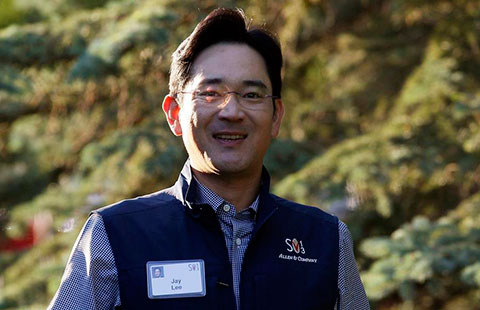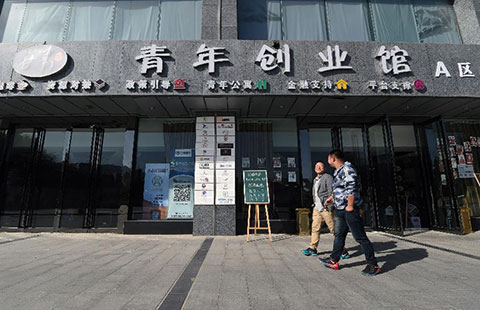Credit-asset pledged relending expansion not QE
(Xinhua) Updated: 2015-10-15 08:47Concerns over yuan deprecation picked up after improvement of the yuan central parity rate quotation mechanism on August 11, and enterprises and residents' forex purchase willingness has improved while their forex sales willingness has declined accordingly, said a report by the Financial Research Center of the Bank of Communications.
In addition, the intensified fluctuations of the capital market and the drastic drop of stock indexes add to the pressure of short-term capital outflow, according to the report.
On a factual basis, the PBOC's relending program is entirely different from operations by its European and American counterparts.
Unlike the US Federal Reserve and the European Central Bank, which directly purchase of bonds and other assets from commercial banks, China's central bank is forbidden by law to buy them directly. The PBOC is only accepting bank assets as pledge to lend them money.
Unofficial analysts have compared the relending program to a channel of supplying base money similar to repurchase agreement (repos), except that the pledge is loan assets rather than government bonds.
"We don't think this new re-lending program should be interpreted as 'Chinese QE', as described by some media and market observers," said UBS economist Wang Tao in a research note.
The program could help PBOC to better calibrate the size and scope of its liquidity injection operations, by expanding the list of pledge to qualified loans and fine-tuning what assets may or may not qualify as pledge, wrote Wang.
"Such move could allow PBOC to deliver liquidity in a more targeted fashion to those that most needed it", observed Wang, "the new relending program can be used to direct bank lending to desirable sectors, such as agriculture and SMEs."
The program is an important part of the PBOC's counter-cyclical liquidity management, as it broadens the pledge requirement, such as lowering the requirement when market liquidity supply is tight, and raising it when supply is strong, said Shen Jianguang of Mizuho Securities, citing China Finance, an official magazine of the PBOC.
"While expanding these operations will likely lead to more such relending by local PBOC branches, the overall amount will be tightly regulated by the headquarters," said Song Yu of Goldman Sachs.
- Film firm's IPO may enrich celebrities
- Too busy to watch a movie now? Alibaba offers alternatives
- Canton Fair waits for Belt and Road boost
- Google starts reappearing in mainland
- Carnival brings two more cruise brands
- 4G comes of age with 400m users likely by end of year
- Film fans crowdfund new blockbuster hits
- Top 10 overseas destinations of Chinese National Day holidaymakers

















